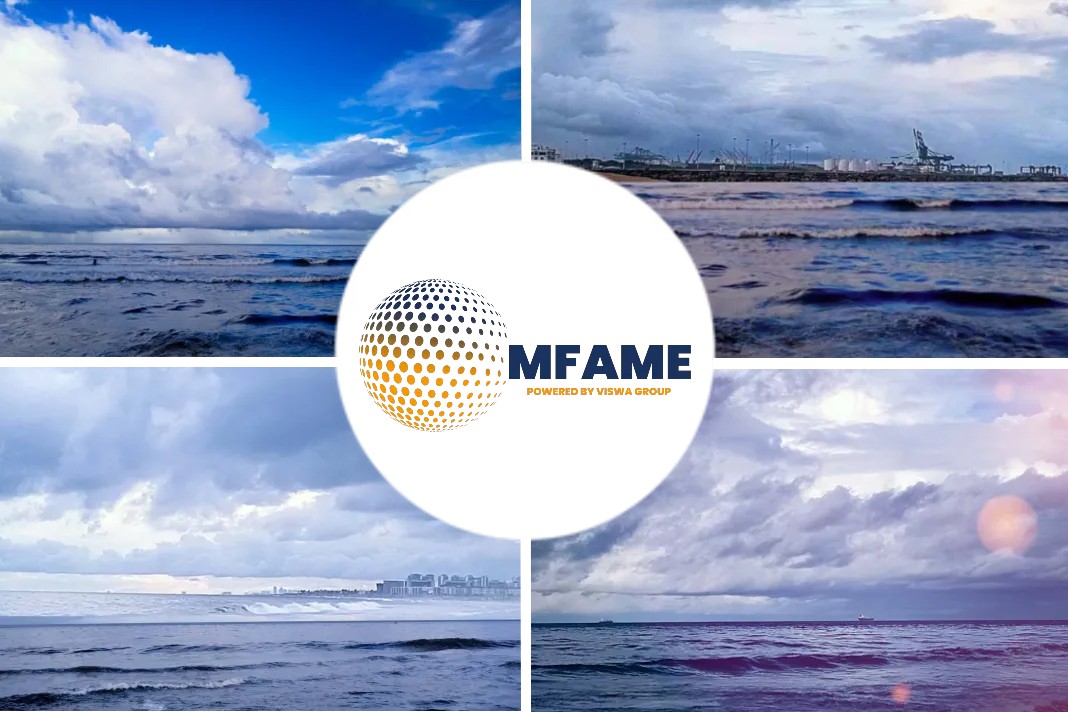- Successful implementation of the IMO 2020 rule is attributed to the cooperation of the stake holders.
- It has provided a future pathway for impending stricter environmental rules and other changes in international shipping.
- IMO is working hard to promote the uptake of alternative fuels.
- It also aims at putting in place a regulatory framework to support the safe and environmentally friendly use of the different alternative fuels.
A recent Platts news highlights that success of IMO 2020 rule sets momentum for shipping’s decarbonization goals.
IMO and Fuel Oil Non-Availability Reports
Since January 1, 2020, the IMO received only 59 Fuel Oil Non-Availability Reports, or FONARs, showing very good availability of compliant fuels around the world, IMO Head, Hoenders said at the 12th International Fujairah Bunkering & Fuel Oil Virtual Forum, or FUJCON 2021, organized by Conference Connection.
Stories of big ports
Many big ports such as Rotterdam and Singapore have reported a very high level of compliance with respect to the global low sulfur mandate, which was also positive, he said.
In addition, the collapse of global bunker fuel prices in 2020 supported the implementation of the global sulfur cap as the price spread between heavy fuel oil and VLSFO was much lesser than anticipated, Hoenders said.
Singapore and the price differential
In Singapore, the price differential between HSFO and Marine Fuel 0.5% sulfur averaged $298.90/mt in January 2020 as the market was transitioning to the IMO2020 mandate.
The price differential narrowed to average as low as $60.32/mt in September, but recovered to average $103.33/mt in January 2021, and stood at an average of $109.43/mt from March 1-23, according to Platts data.
IMO is advancing efforts
The IMO is still advancing other efforts with reduction of air pollution from ships, Hoenders said.
New amendments to MARPOL Annex VI on fuel sampling and verification of sulfur content were adopted in November.
The IMO is also looking into possible VLSFO fuel quality issues and related safety aspects while also assessing the impact of VLSFOs on aromaticity, including possible reduction of emissions of black carbon and polycyclic aromatic hydrocarbons, or PAH, he said.
Another very important work stream of the IMO is evaluating the impact of discharge water from the scrubbers, he said.
“We’re working on a harmonized system evaluating the impact of such scrubber discharge water in terms of guidelines for the future,” he said.
International Maritime Research and Development Board
Among other steps, initial consideration was also given to the new proposal from industry organizations for the establishment of an International Maritime Research and Development Board based on a mandatory $2/mt fuel levy, Hoenders said.
IMO is working hard to promote the uptake of alternative fuels and putting in place a regulatory framework to support the safe and environmentally friendly use of the different alternative fuels — biofuels, LNG, hydrogen, ammonia — he said.
The MEPC 76 will consider both short-term and mid-long term measures for GHG emission cuts, Hoenders said.
Work plan and working arrangements
It will consider a work plan and working arrangements to organize future discussions on GHG reduction measures; among those is a proposal for the use of global market based measures, he said, adding that the IMO had received a proposal by the Marshall Islands and the Solomon Islands for a levy of $100/mt per CO2-equivalent in order to promote the uptake of alternative fuels by the global shipping industry.
Did you subscribe to our daily newsletter?
It’s Free! Click here to Subscribe!
Source: Platts























